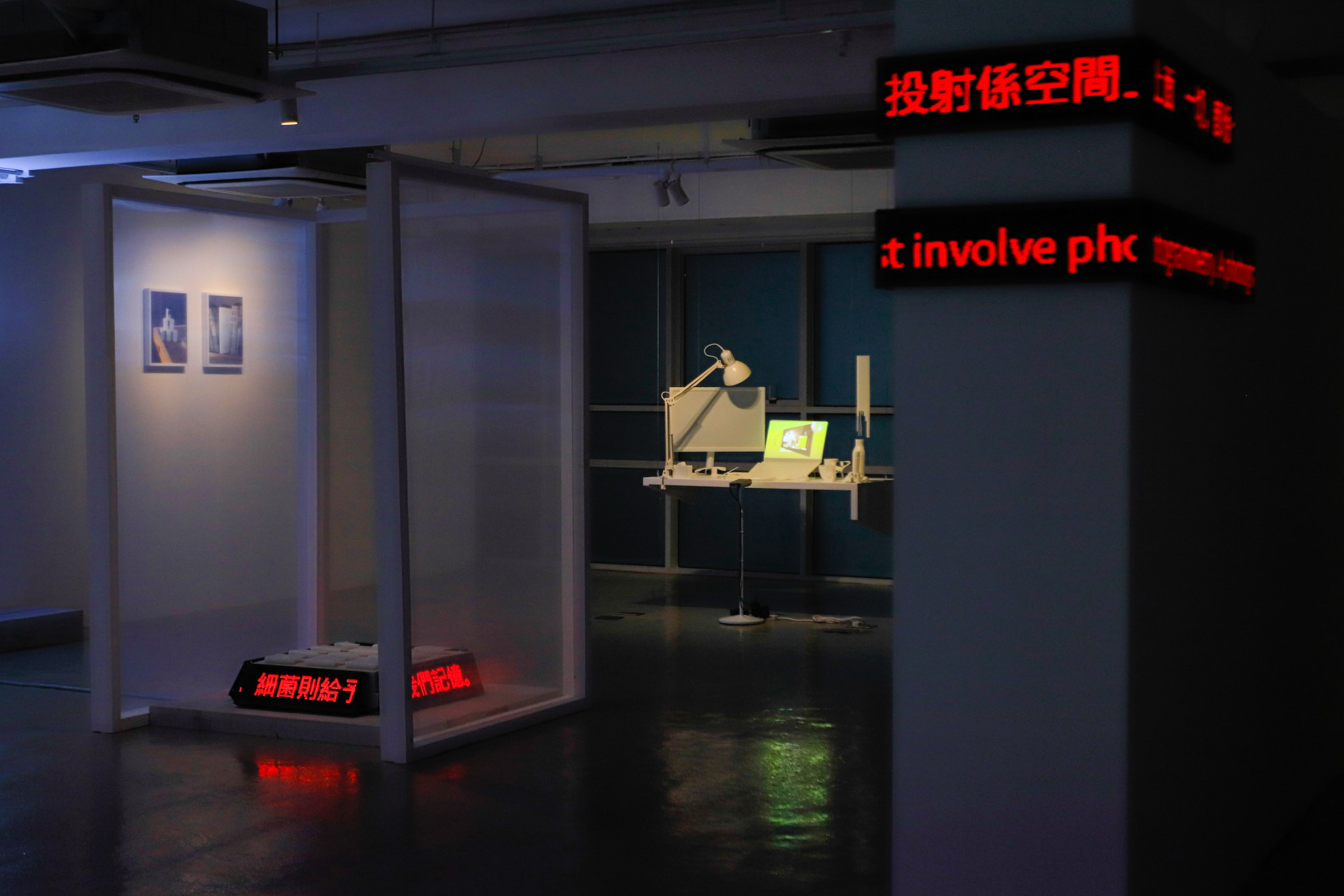Neuroscientists suggest that this close physical connection between the regions of the brain linked to memory, emotion and our sense of smell may explain why our brain learns to associate smells with certain emotional memories.
How improving your sense of smell can improve your memory and thinking
How improving your sense of smell can improve your memory and thinking
The sense of smell is so powerful that it can conjure up memories so well that people sometimes feel as though they are experiencing the event again.
Hong Kong-born artist-researcher Sheung Yiu, who is based in Helsinki, Finland, stumbled across this understanding as he was preparing a commissioned work for the Hong Kong-based non-profit arts platform WMA.

He came to Hong Kong to see family while coming up with ideas. On a visit to his grandparents’ home on the island of Cheung Chau, he retrieved a stash of copies of Mushishi, his favourite Japanese comic book.
On the ferry ride back to Hong Kong Island, he couldn’t wait to start reading the manga series and pulled them out of his pack. Immediately, his Finnish partner gagged and told him to put them away.
“He said that they stink. I realised that the comic books had a rotting smell, they were rotting in Hong Kong’s subtropical air. That smell is so natural to us [in Hong Kong] that we don’t think much of it. It doesn’t irritate us because old things smell like that,” Yiu says.

This got him thinking: if he wanted to re-create a sense of home, rather than just replicating his desk space visually, he could add another layer by re-creating the smell of old comic books.
“He started mixing it by how it smelt to him, mixing wet cotton, pepper, wet soil, wood, incense and some chemicals,” Yiu says.

The initial scent created was “too nice”, more like a perfume. So the BeCandle team went back and adjusted the fragrance so that it smelled more like rotting paper, even a little nasty.
“It smells like my grandparents’ house. I love it, it smells like old books,” Yiu says.
The smell now wafts from blocks of custom-scented wax placed in a glass cabinet and is an integral part of Everything is a Projection, on show at WMA Space in Hong Kong’s Central business district. The re-creation of Yiu’s desk is at one end of the gallery, as a video exploring his work plays on a far wall.

Interestingly, because smell is so personal and we all have our own database of memories and smell references, everyone has their own interpretation of Yiu’s old comic book smell. Some people are reminded of incense; others think of old wood or wet blankets.
“With a photograph everyone will see the same things, but smell is more elusive,” Yiu says. “There is no one objective ‘image’ of smell. Everyone smells different things.”
Yeewan Koon, associate professor of the art history department at the University of Hong Kong and the project curator, says one of the interesting things about Yiu’s show is that he is actually undercutting his own practice.
“He’s a photographer, but he’s saying that actually we can’t hold memories in photographs and smell is better. At the same time, he’s a digital citizen. But he’s also saying that we can’t find reality in that world, we can’t find memories in that world,” Koon says.

The experience that odour-linked memories inspires is called the “Proust effect”. The French author Marcel Proust wrote in his book, Swann’s Way, that the smell of a pastry he dipped in his tea brought on a rush of joy associated with his childhood.
“I carried to my lips a spoonful of the tea in which I had let soften a bit of madeleine. But at the very instant when the mouthful of tea mixed with cake crumbs touched my palate, I quivered, attentive to the extraordinary thing that was happening inside me,” Proust wrote.
Neuroscientists suggest that many of these odour-driven memories are from childhood, because we experience most smells for the first time in our youth.
‘It gives me a smile on my face’: how fragrances promote wellness
‘It gives me a smile on my face’: how fragrances promote wellness
Odour-linked memories possess a unique quality: they not only transport us to different moments in our lives, but may also contribute to our overall health.
“Sheung Yiu: Everything is a Projection”, WMA Space, 8/F Chun Wo Commercial Centre, 23-29 Wing Wo Street, Central, Tue-Sun, 12pm-7pm. Until March 31.

